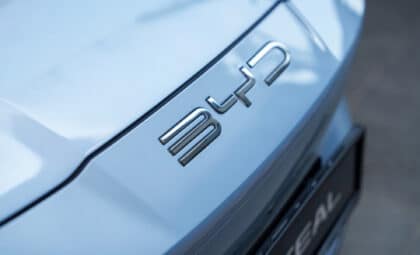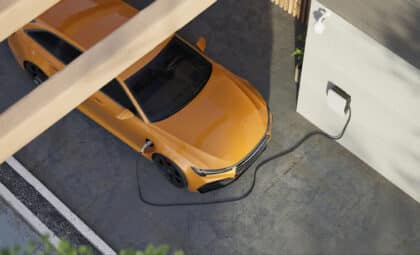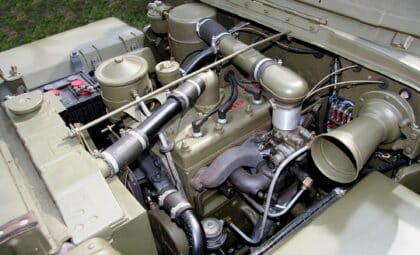The defect stems from a miscommunication between key components of the vehicle’s hybrid system, raising serious safety concerns. The fix is still under development, and owners will begin receiving recall notifications later this fall.
The National Highway Traffic Safety Administration (NHTSA) confirmed the recall in a report detailing how the Battery Pack Control Module (BPCM) can become overloaded and reset mid-operation. This reset can lead the Hybrid Control Processor to misinterpret internal signals, resulting in the vehicle suddenly losing power. According to The U.S. Sun, no dashboard warnings or alerts are displayed when this occurs, leaving drivers unaware of the impending failure.
Models Affected and Timeline for Recall
The vehicles involved include the 2022–2026 Jeep Grand Cherokee 4xe models. The recall covers an estimated 91,787 units, with Stellantis confirming that the remedy is not yet ready for implementation. Dealerships will be notified on September 11, while vehicle owners will receive mailed alerts starting October 23, as noted in the NHTSA’s official Safety Report.
Drivers with questions are advised to contact Chrysler customer service at 800-853-1403, referencing recall number 73C. Vehicle Identification Numbers (VINs) involved in the recall will be made searchable on the NHTSA’s recall lookup tool beginning in mid-September.
According to the same report, Stellantis had not received any reports of injuries or crashes related to the issue as of August 18, 2025, though it had logged 96 customer assistance requests, 110 field reports, and 320 service records that may be linked to the defect.
No Warning Signs Before Failure
One of the most concerning aspects of the defect is the total absence of any early warning indicators. The Hybrid Control Processor fails without triggering a single light or error message, making the issue effectively invisible until the vehicle loses power.
The NHTSA warned that “an unexpected loss of propulsion can cause a vehicle crash without prior warning.” As cited by The U.S. Sun, this has raised particular concern given the hybrid system’s dependency on digital signals to manage core driving functions. Drivers are left with no means to preemptively address or detect the problem, increasing the potential danger during highway driving or in traffic.
The lack of a temporary fix adds to the urgency, with Stellantis still in the process of identifying and testing a software solution. For now, the manufacturer has only confirmed that the issue is under investigation and that notifications will be issued as soon as repairs are available.
Recent Recalls Add to Broader Industry Pressure
This latest recall follows a string of safety issues across the industry. Earlier this year, Stellantis had to recall 78,000 Jeep Wranglers due to tire-related defects and over 250,000 other vehicles because of faulty airbags. Ford has also reported over 100 recalls in 2025, a record-high for the automaker, with one recent action involving nearly half a million vehicles due to brake system concerns.
The wave of recalls highlights ongoing reliability challenges in the electric and hybrid vehicle sector, where sophisticated electronics and control modules play a central role in propulsion and safety. As the number of high-voltage powertrain vehicles on the road increases, so does scrutiny from regulators and consumers alike.









